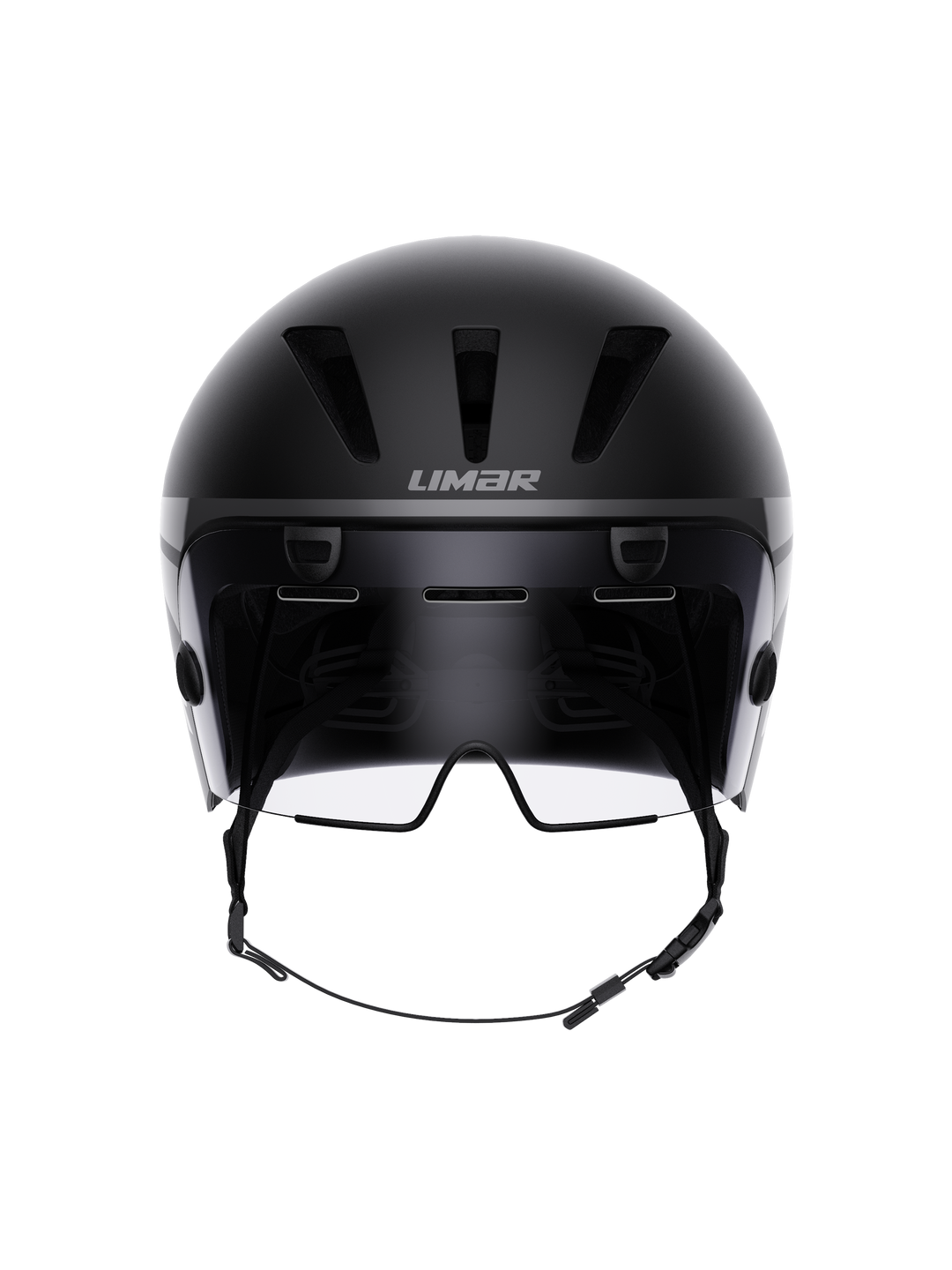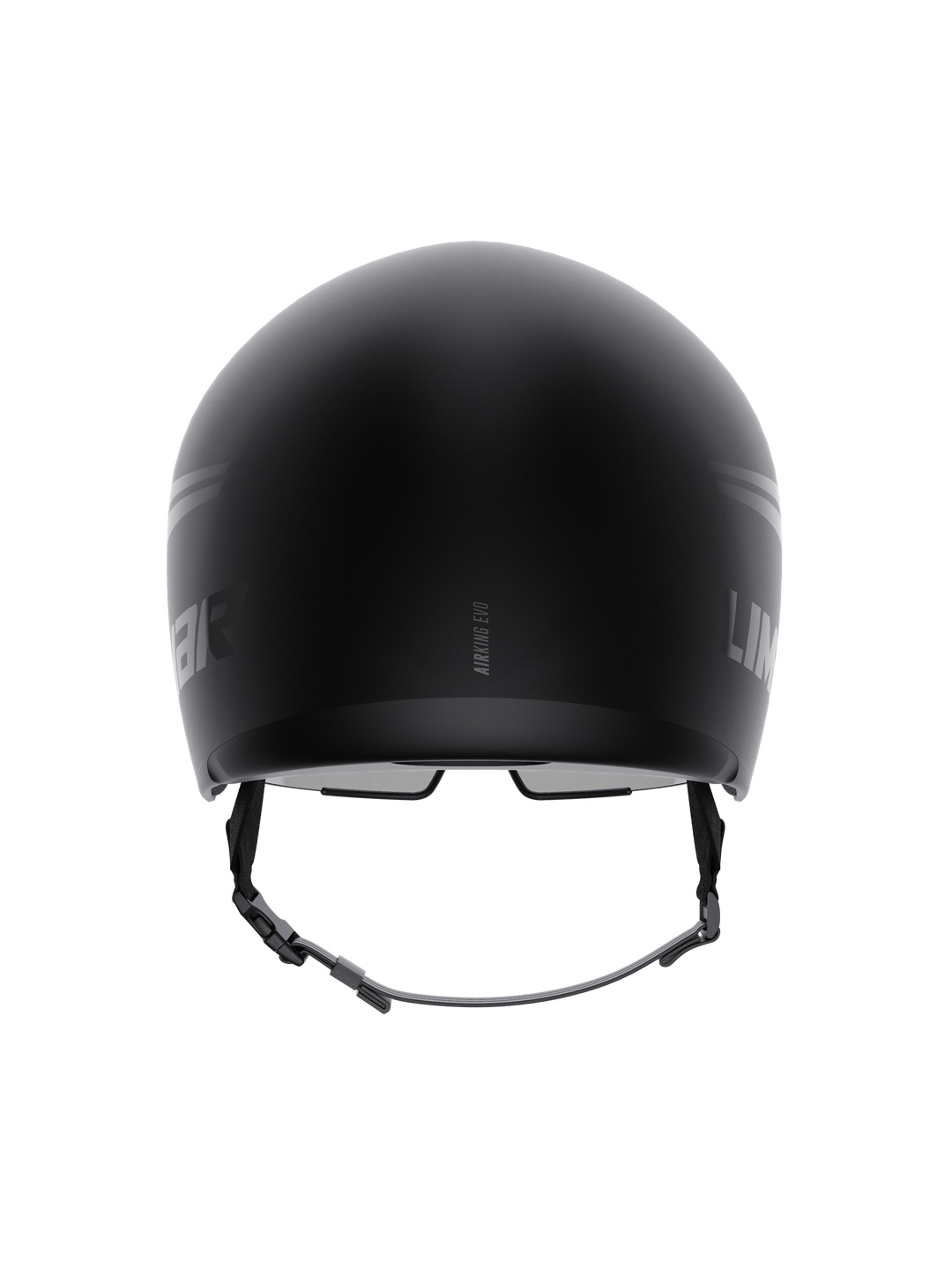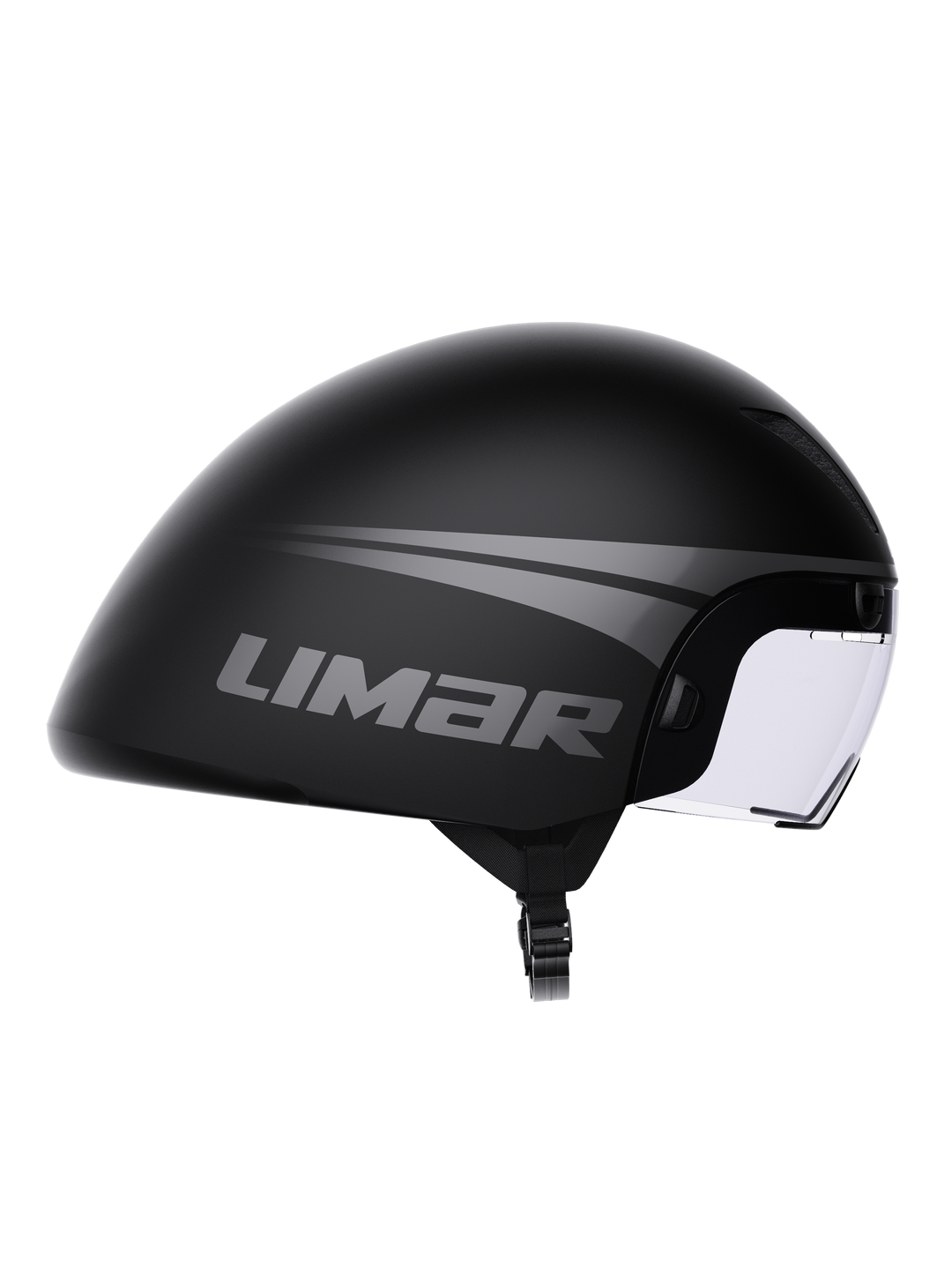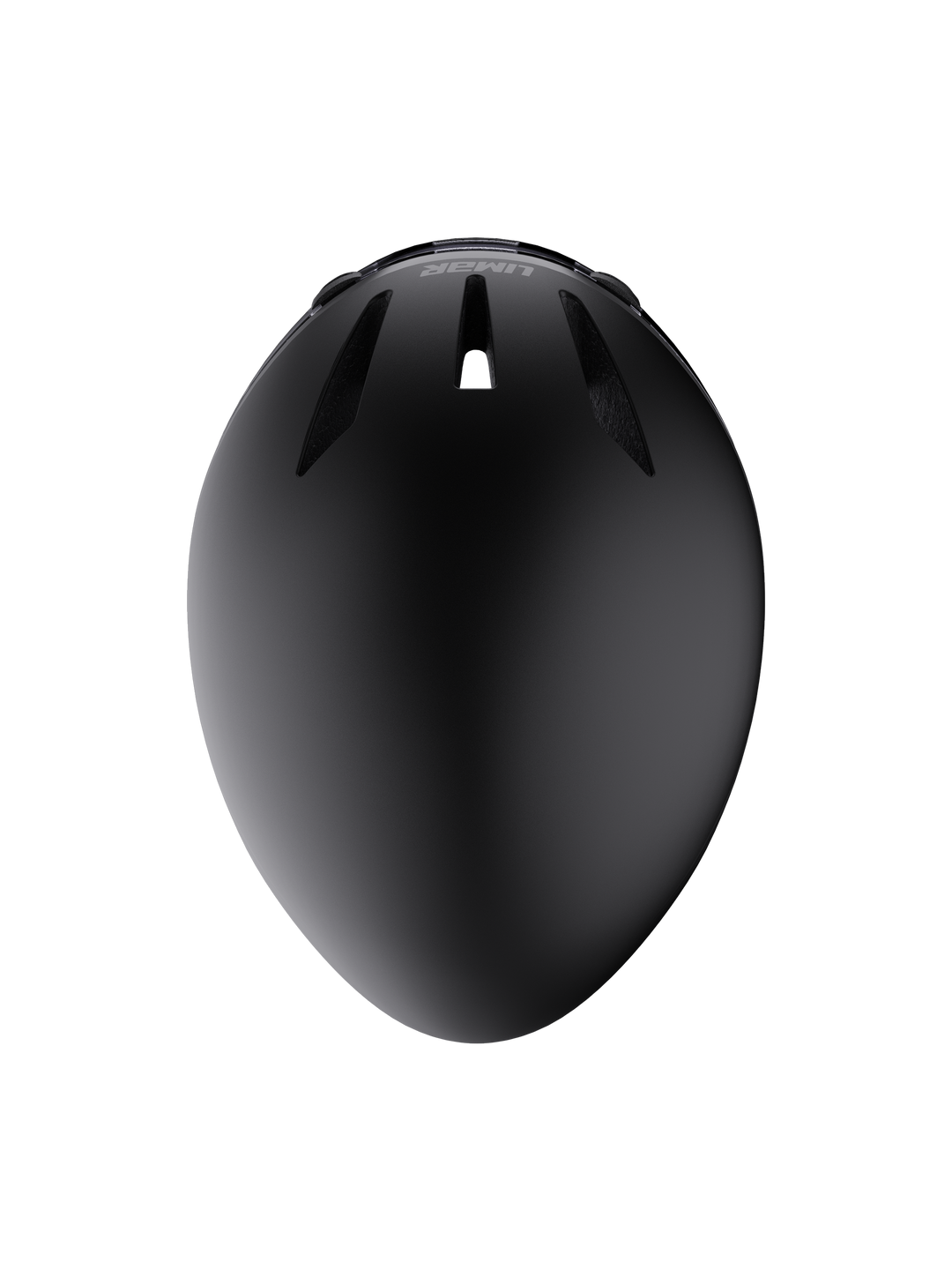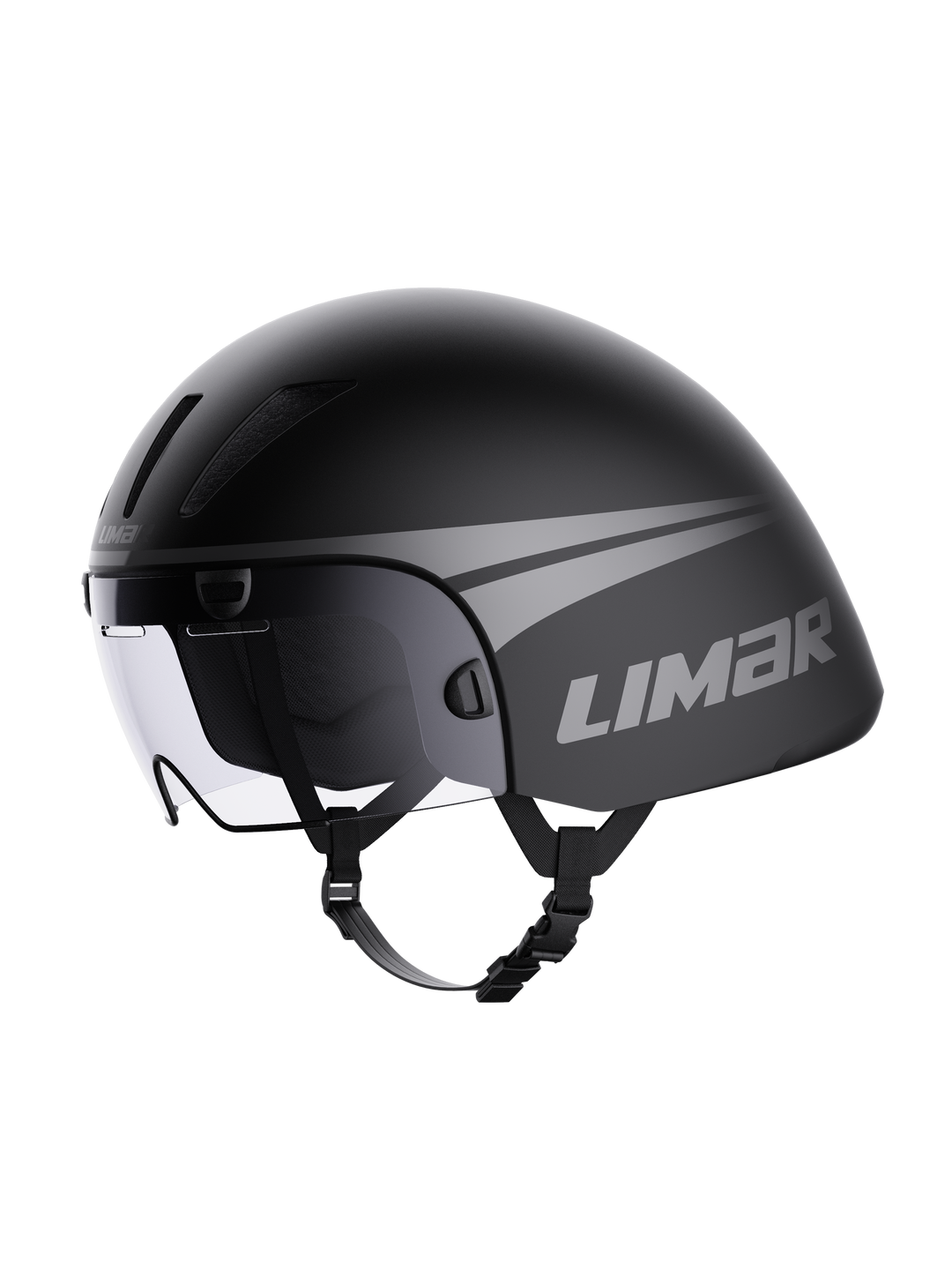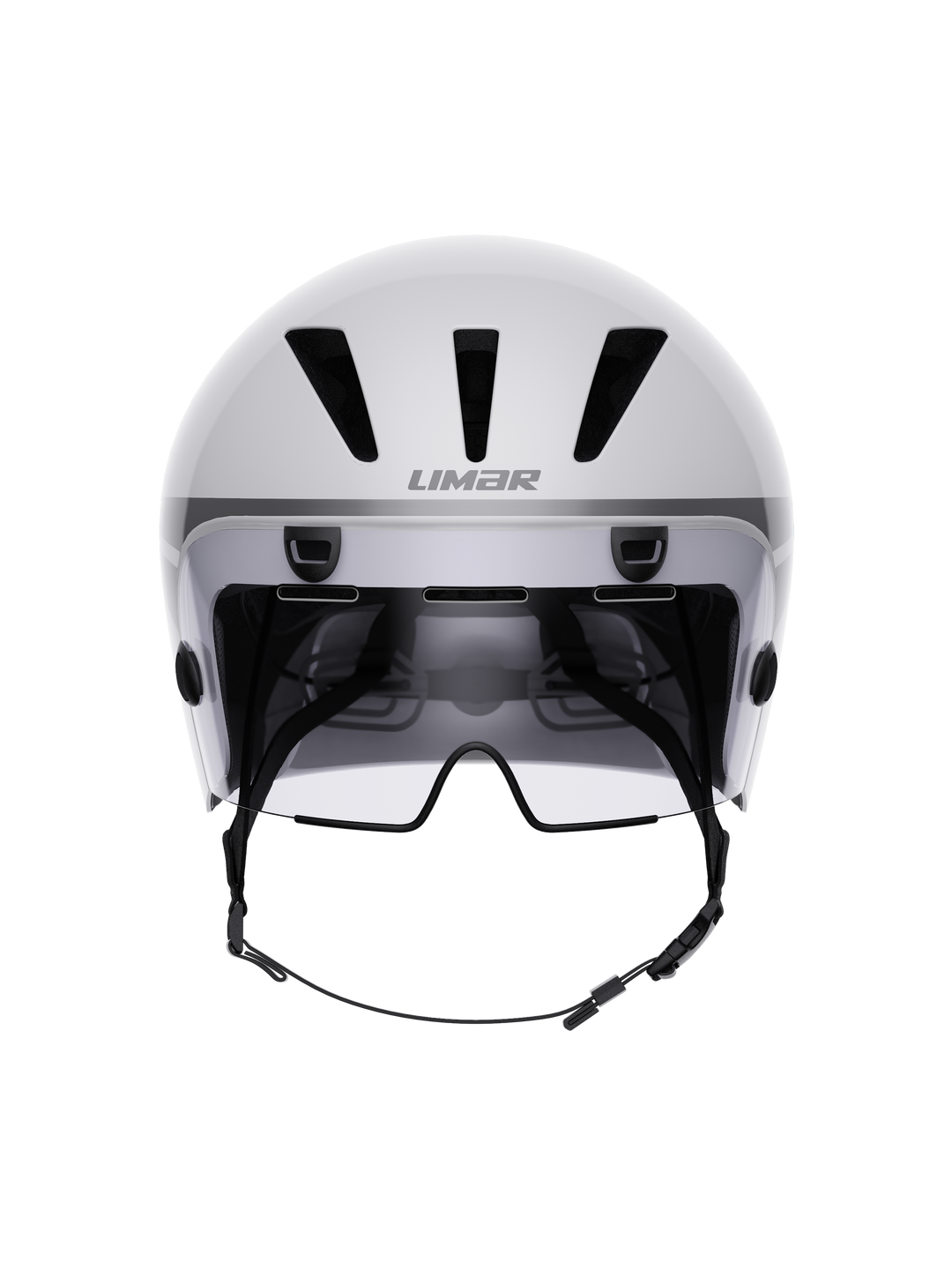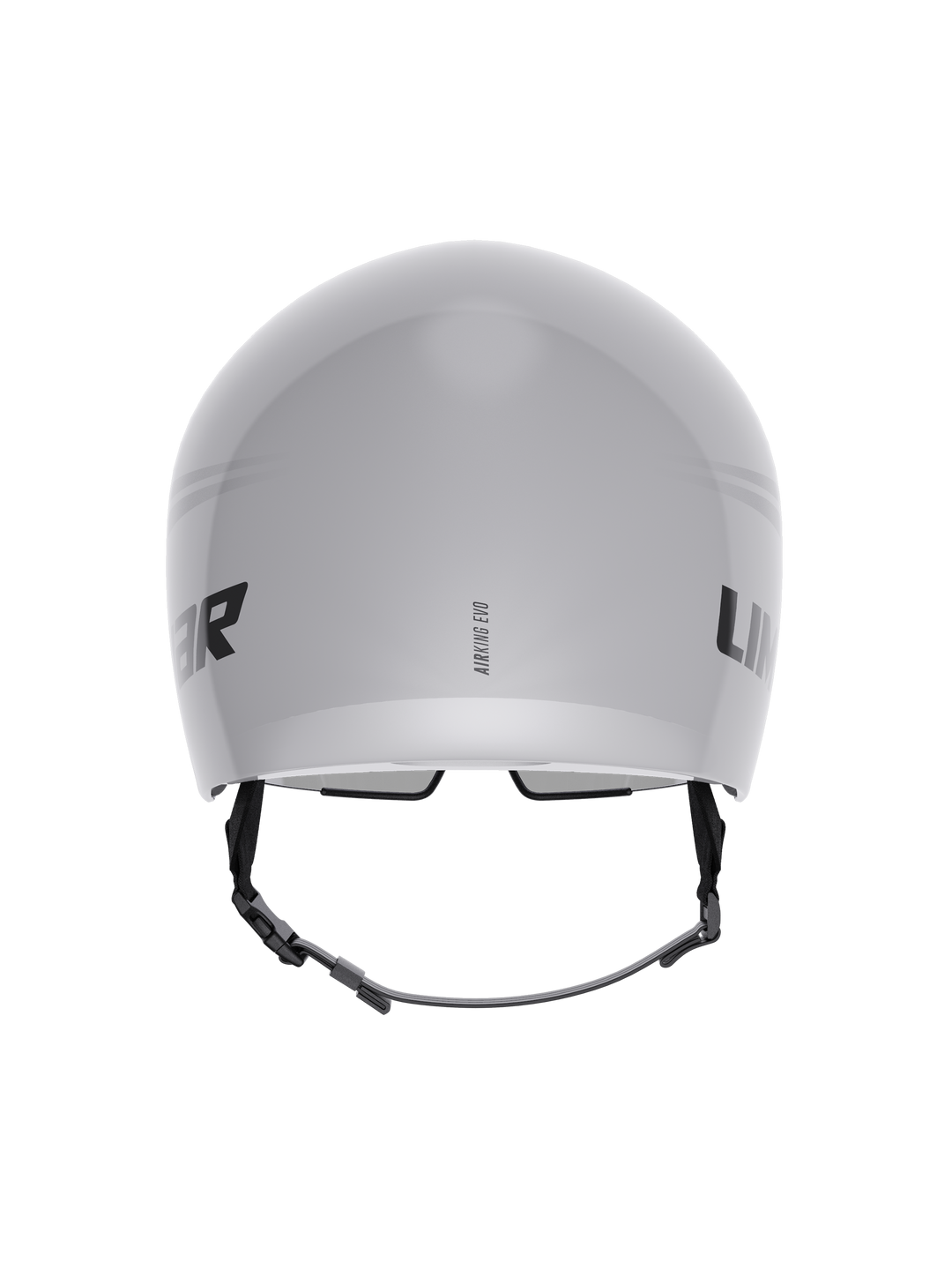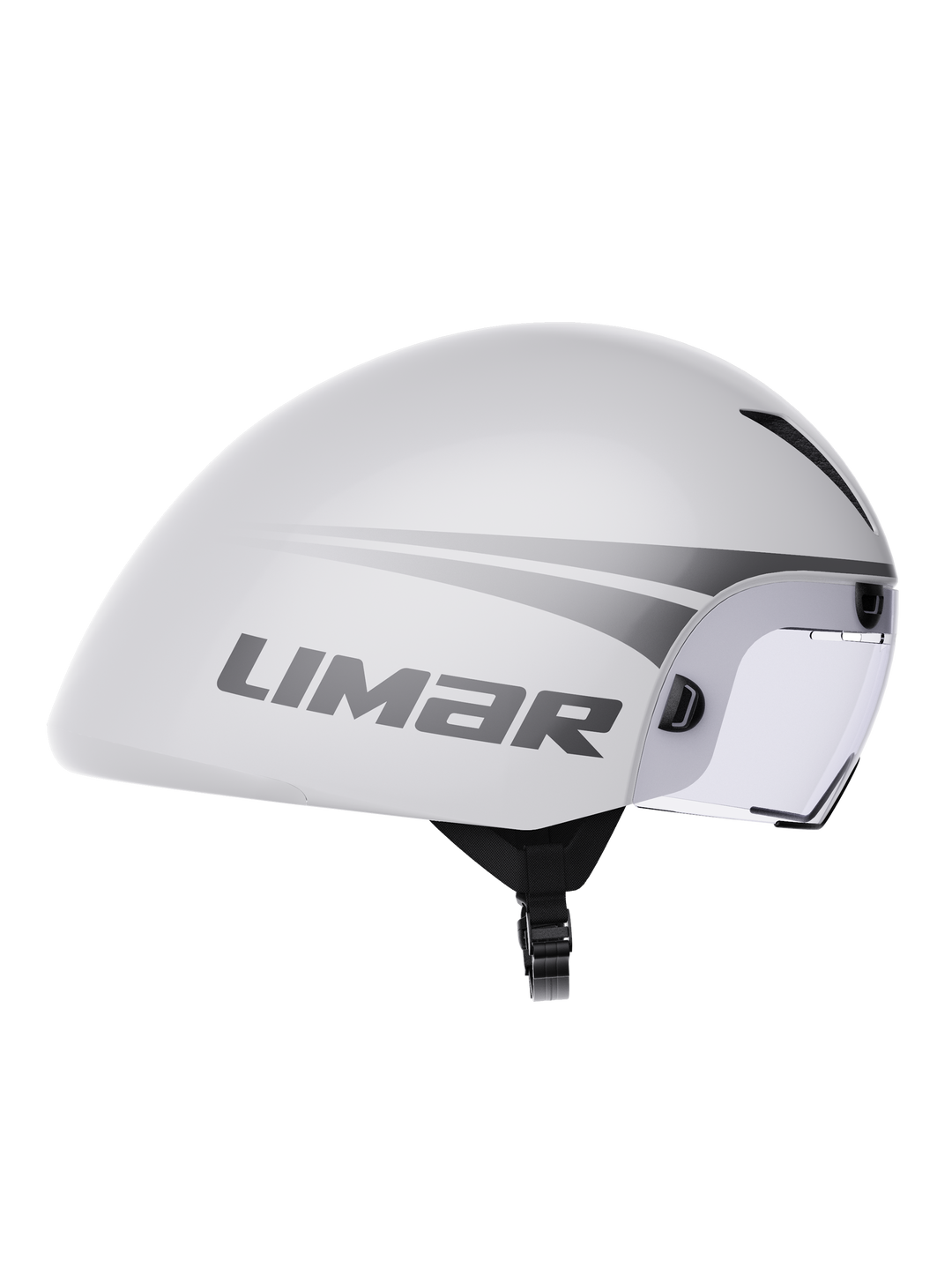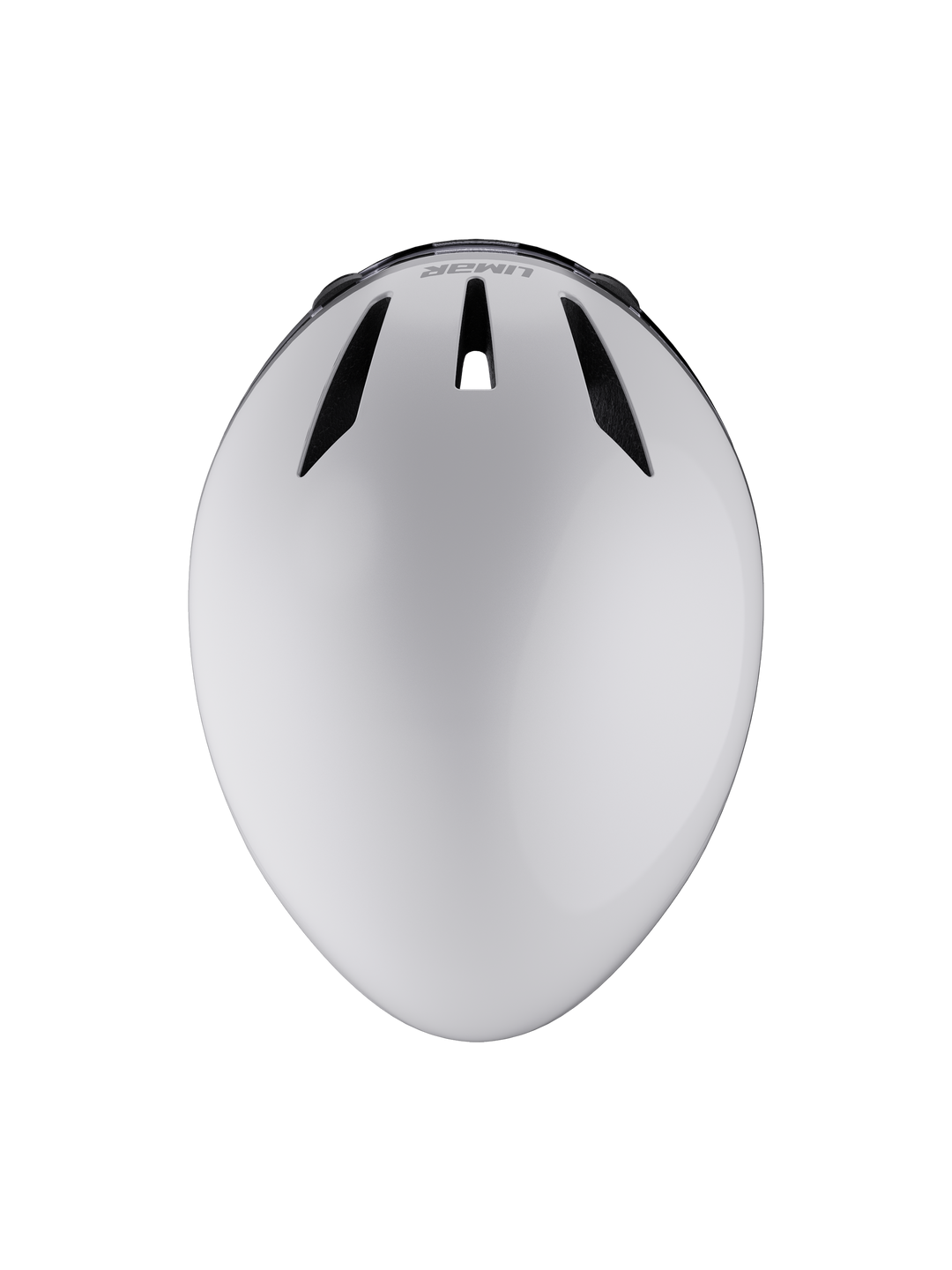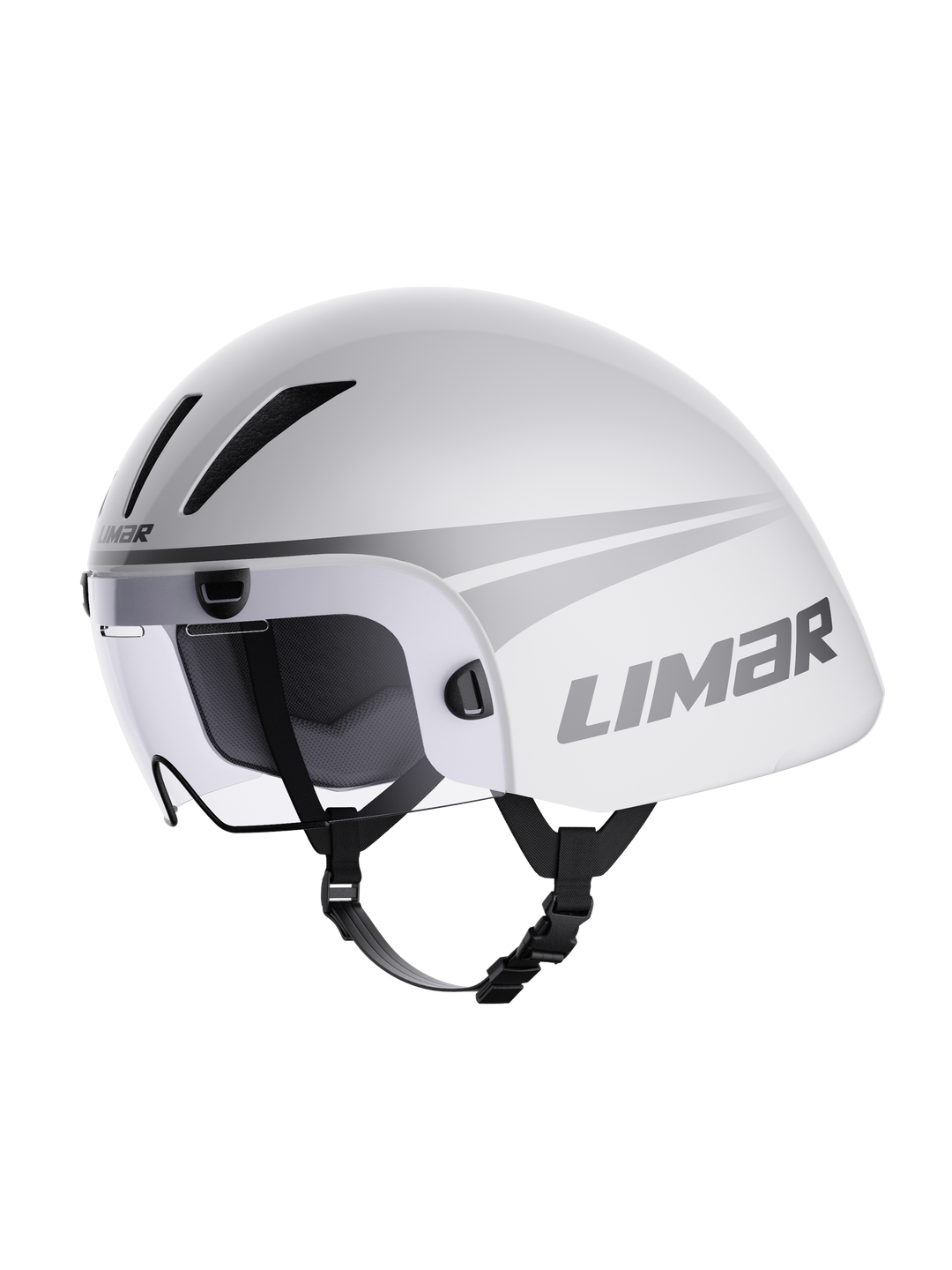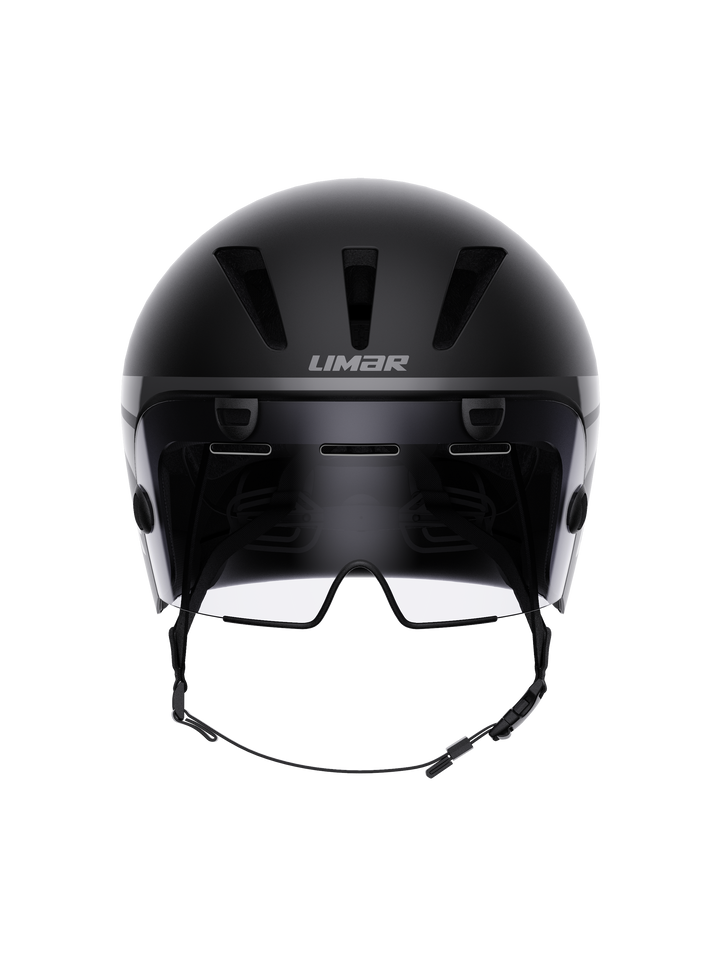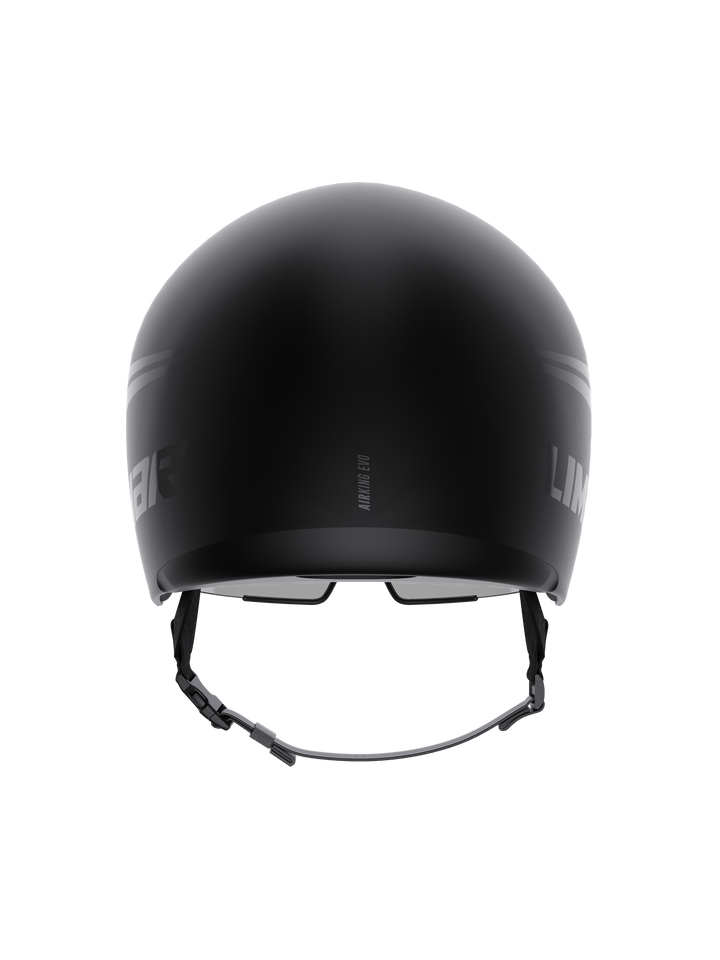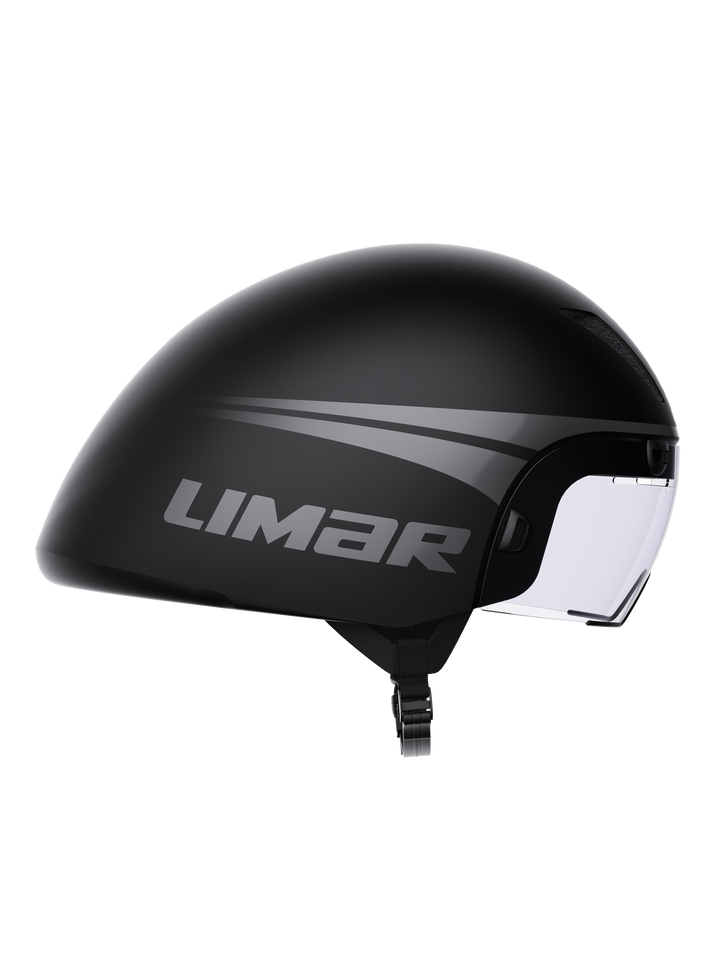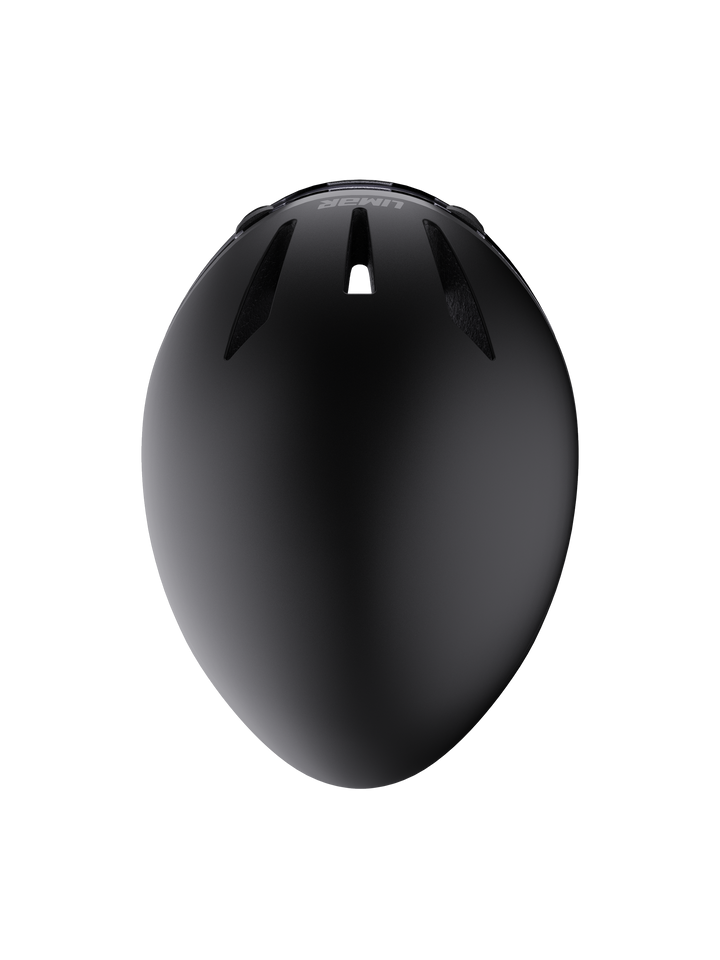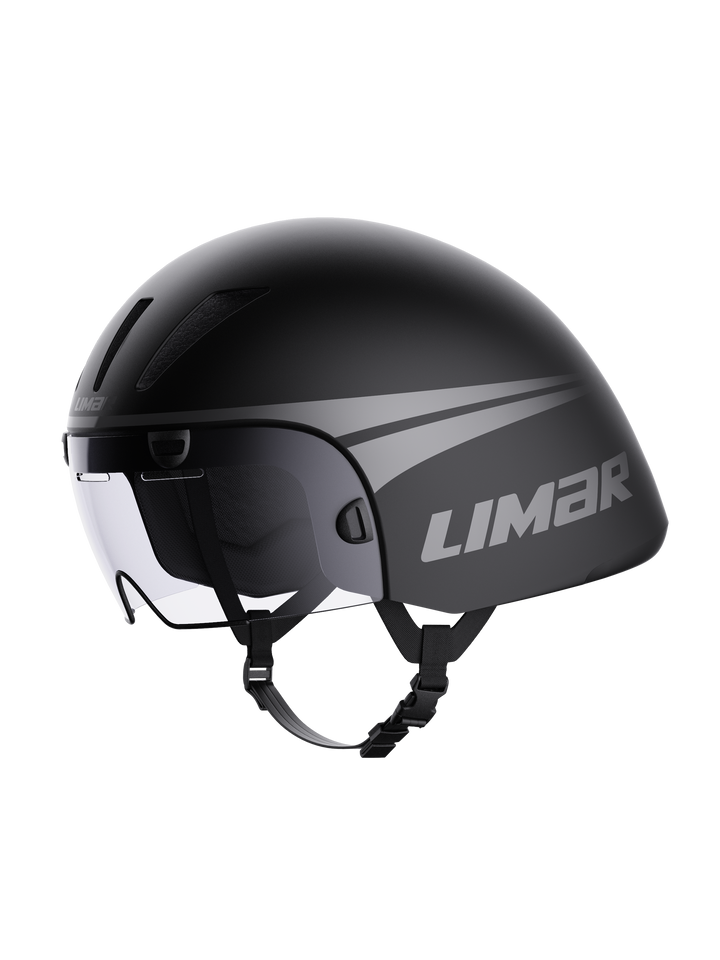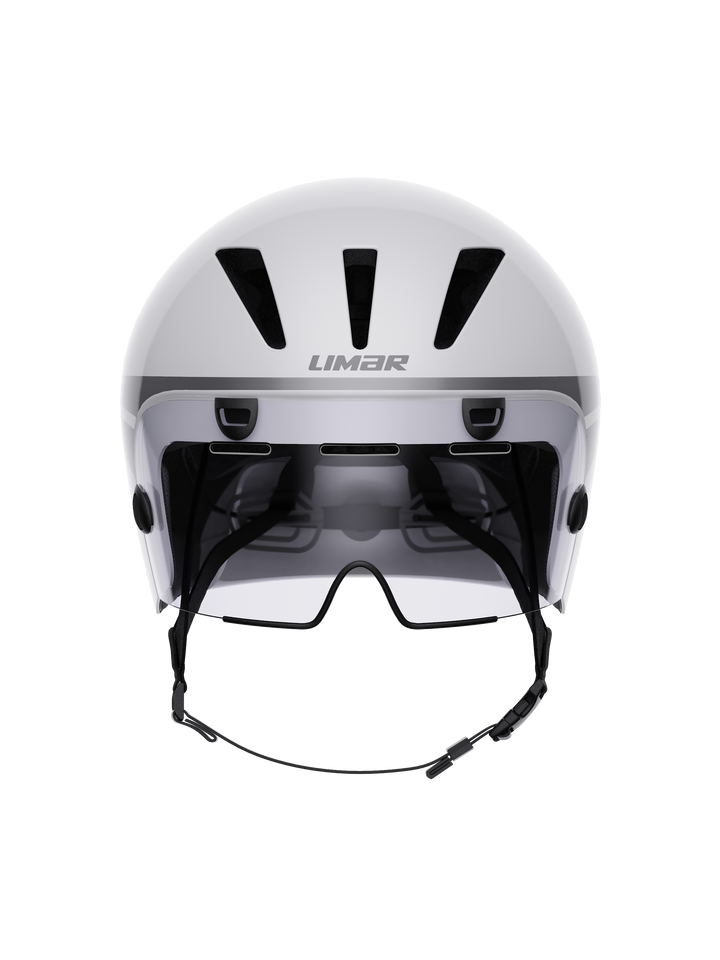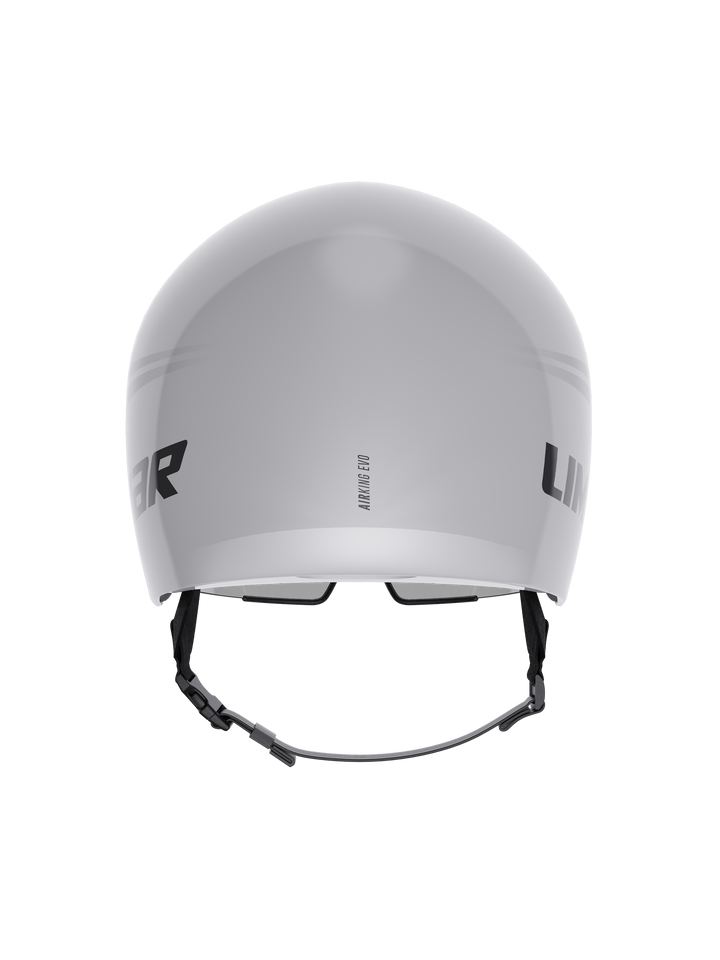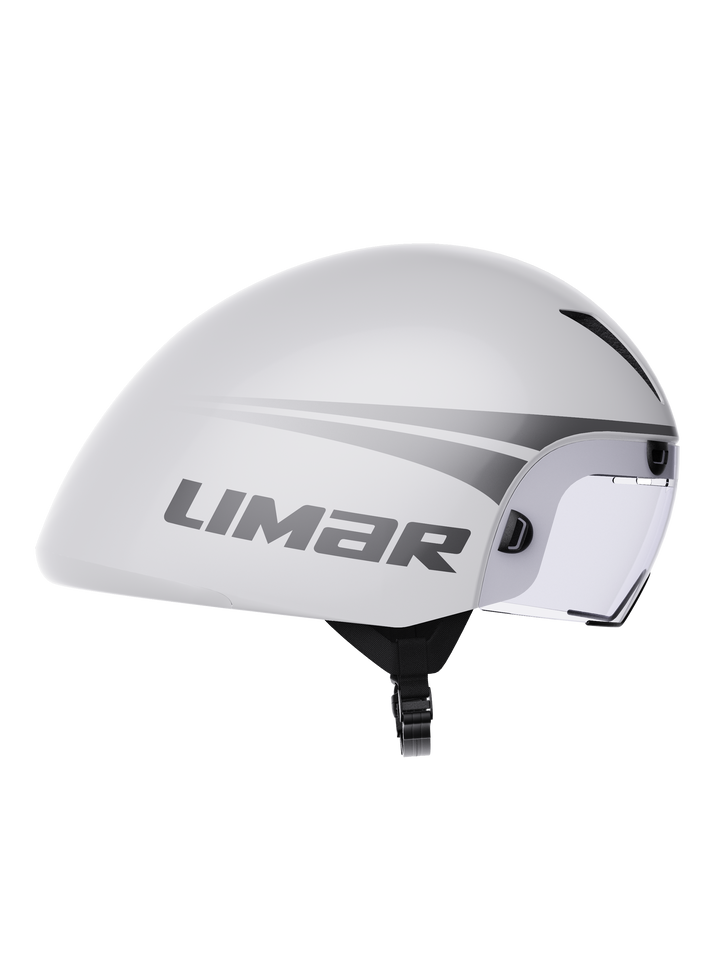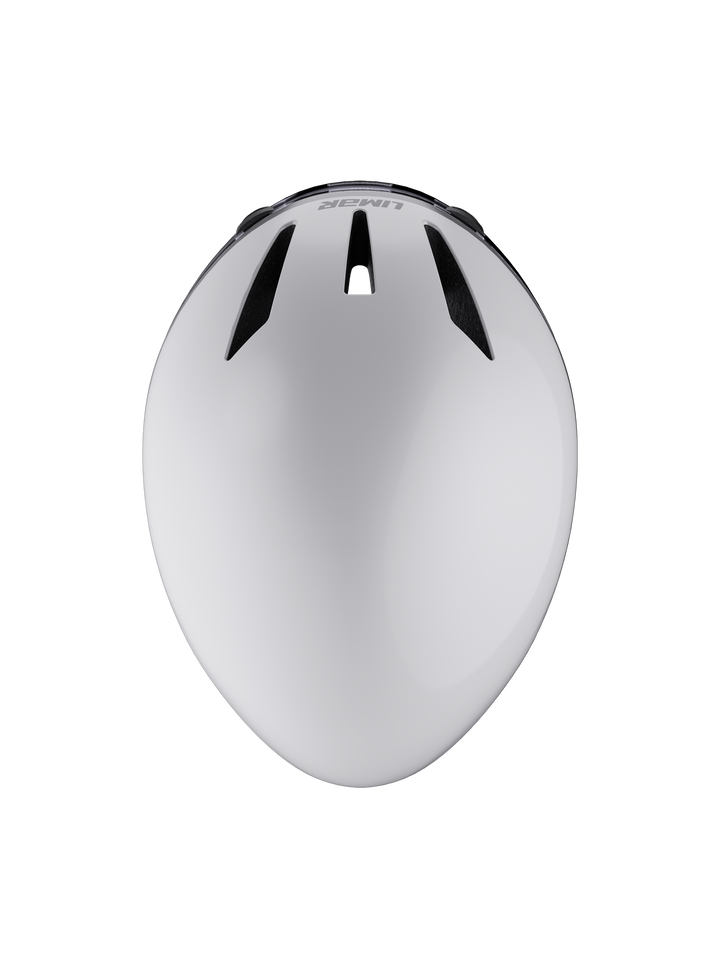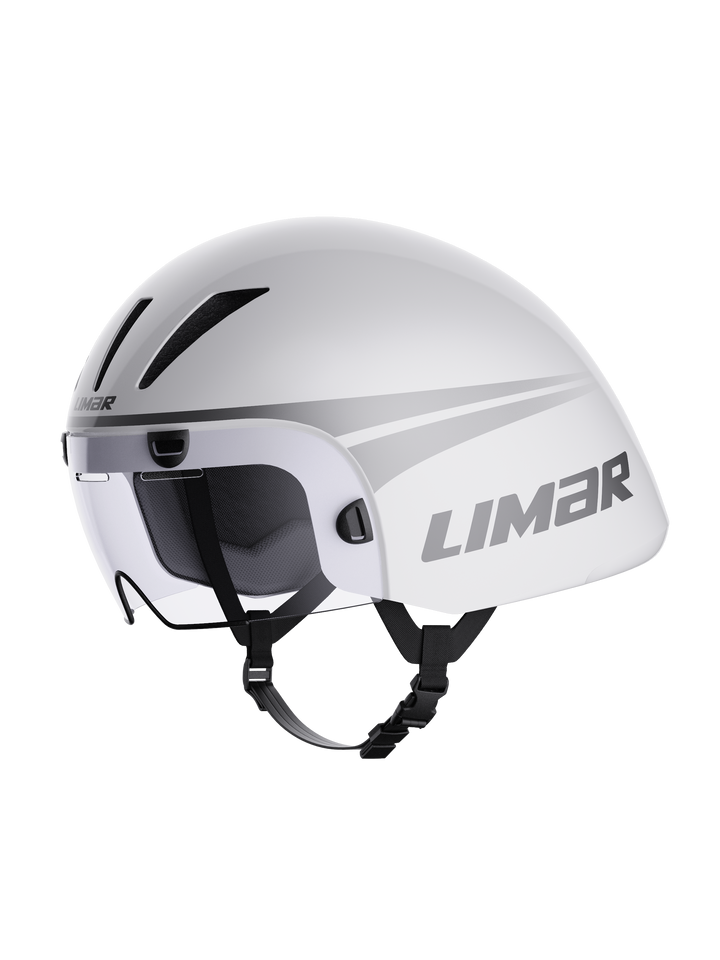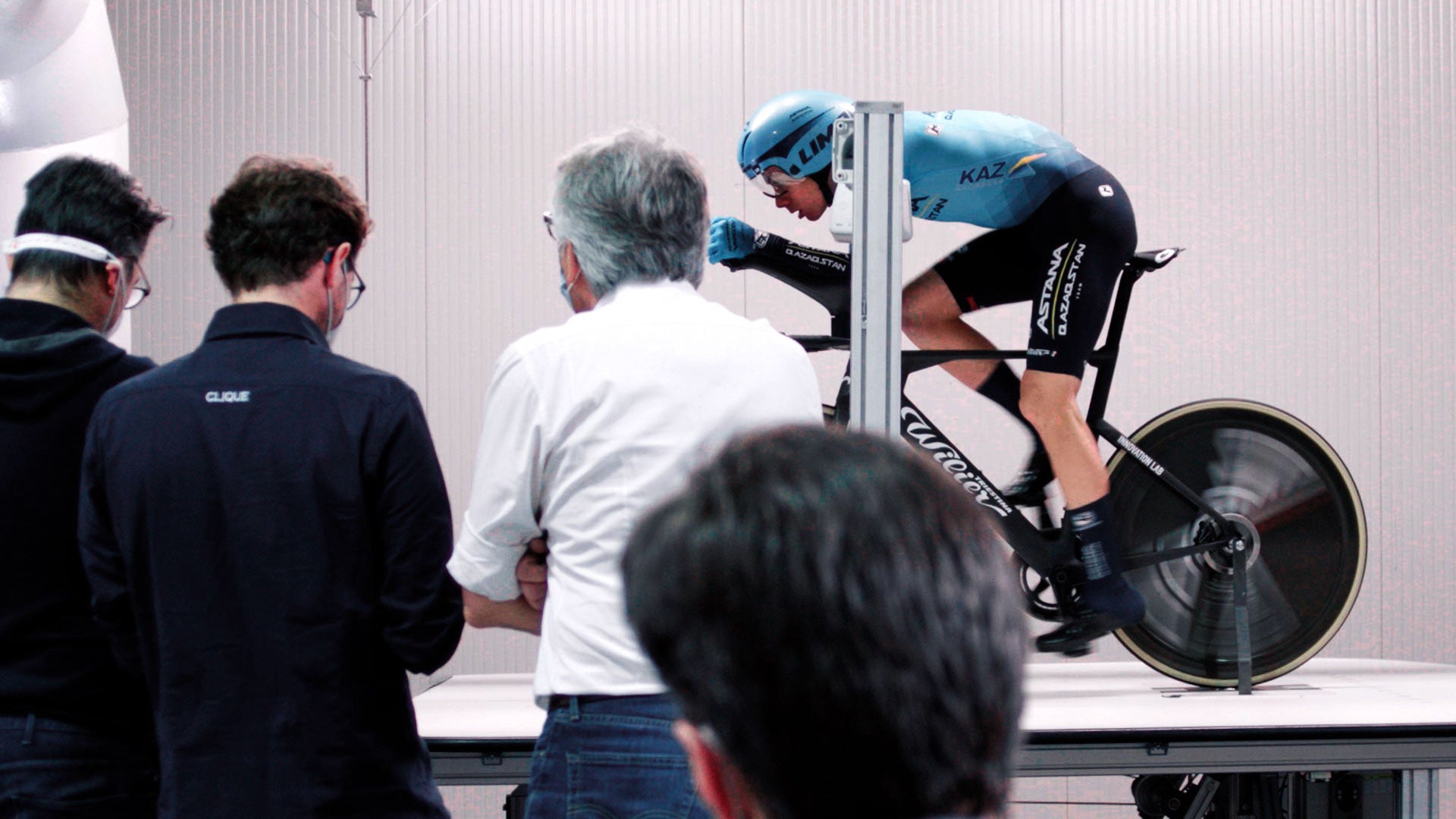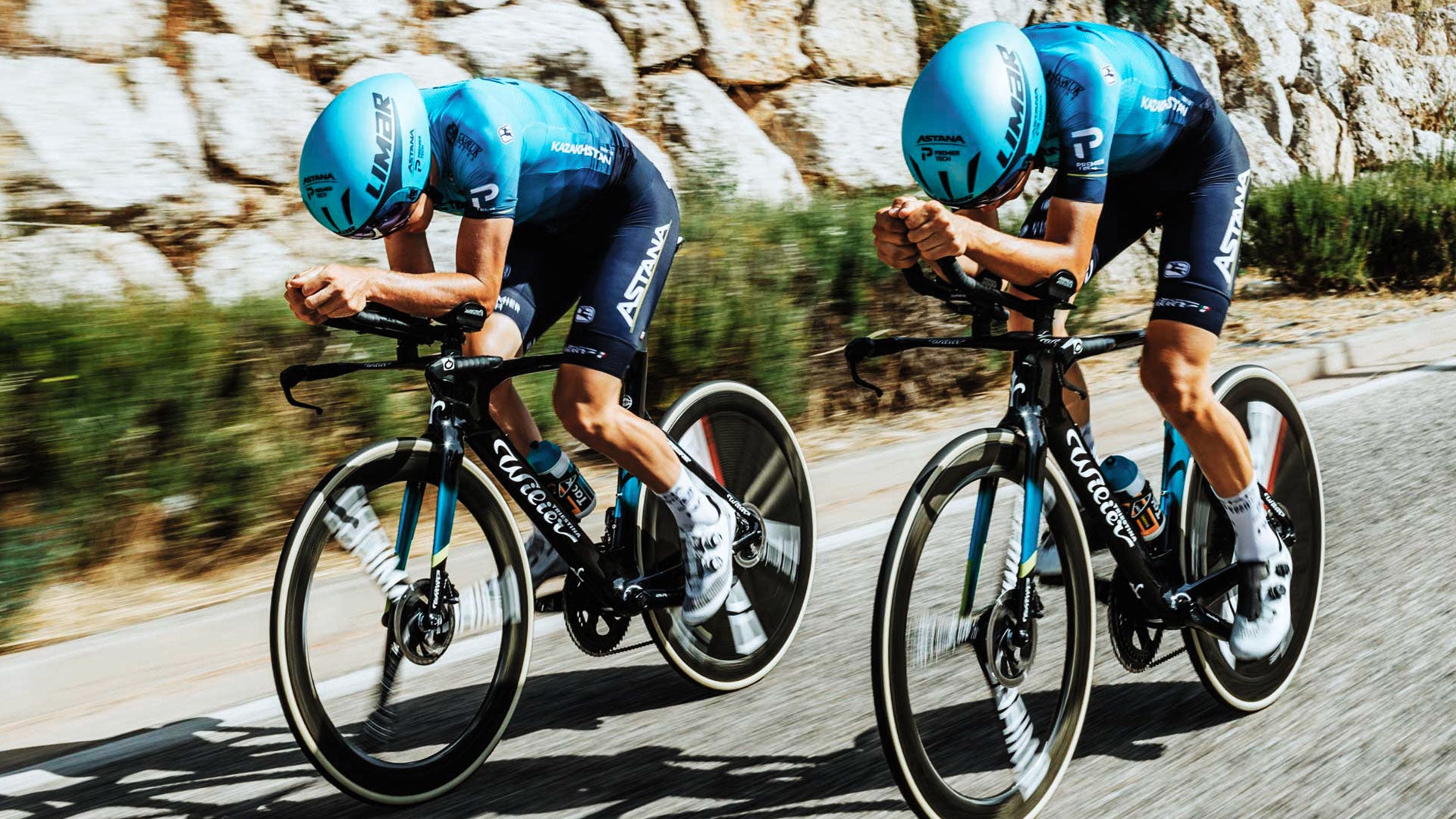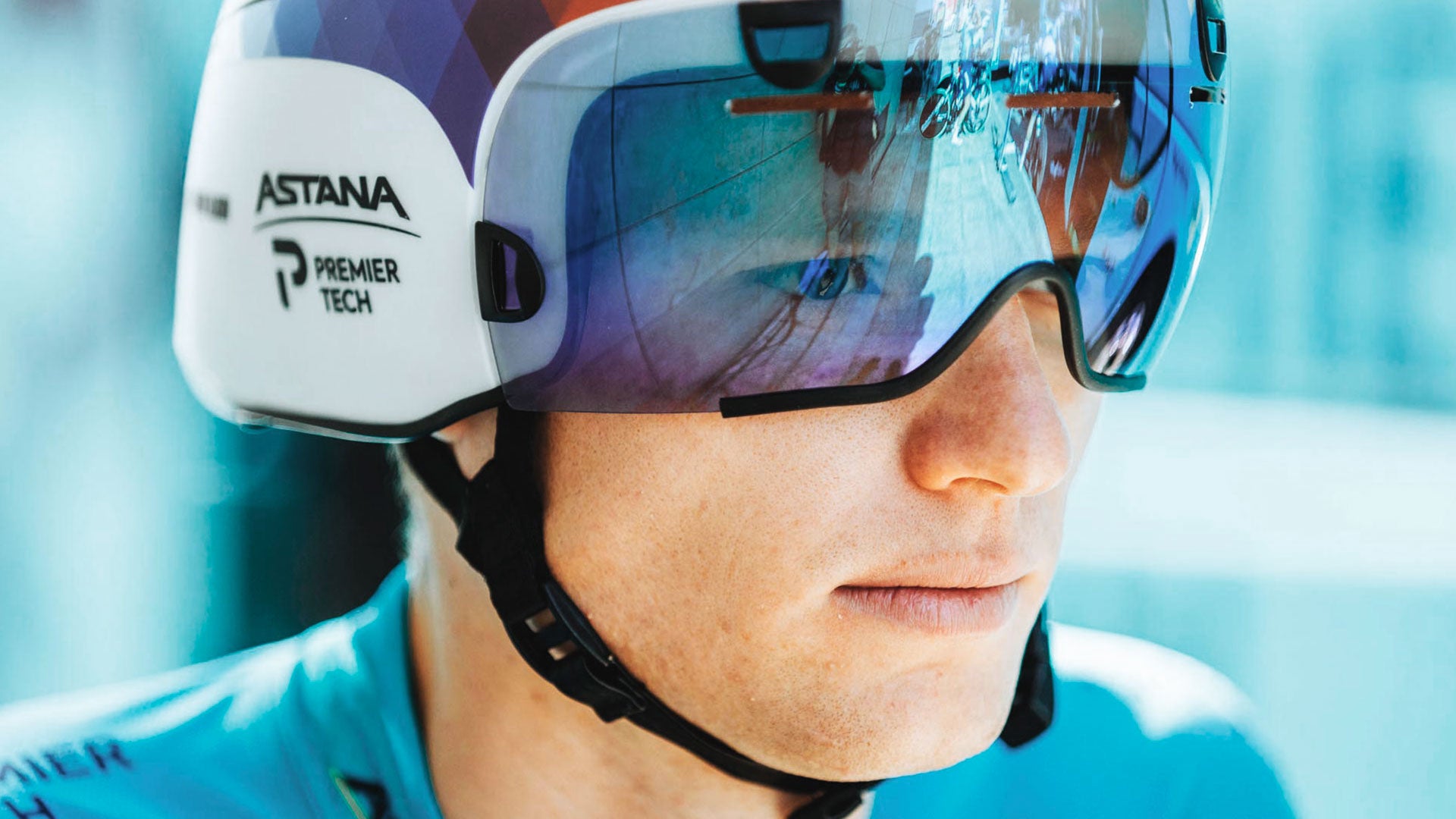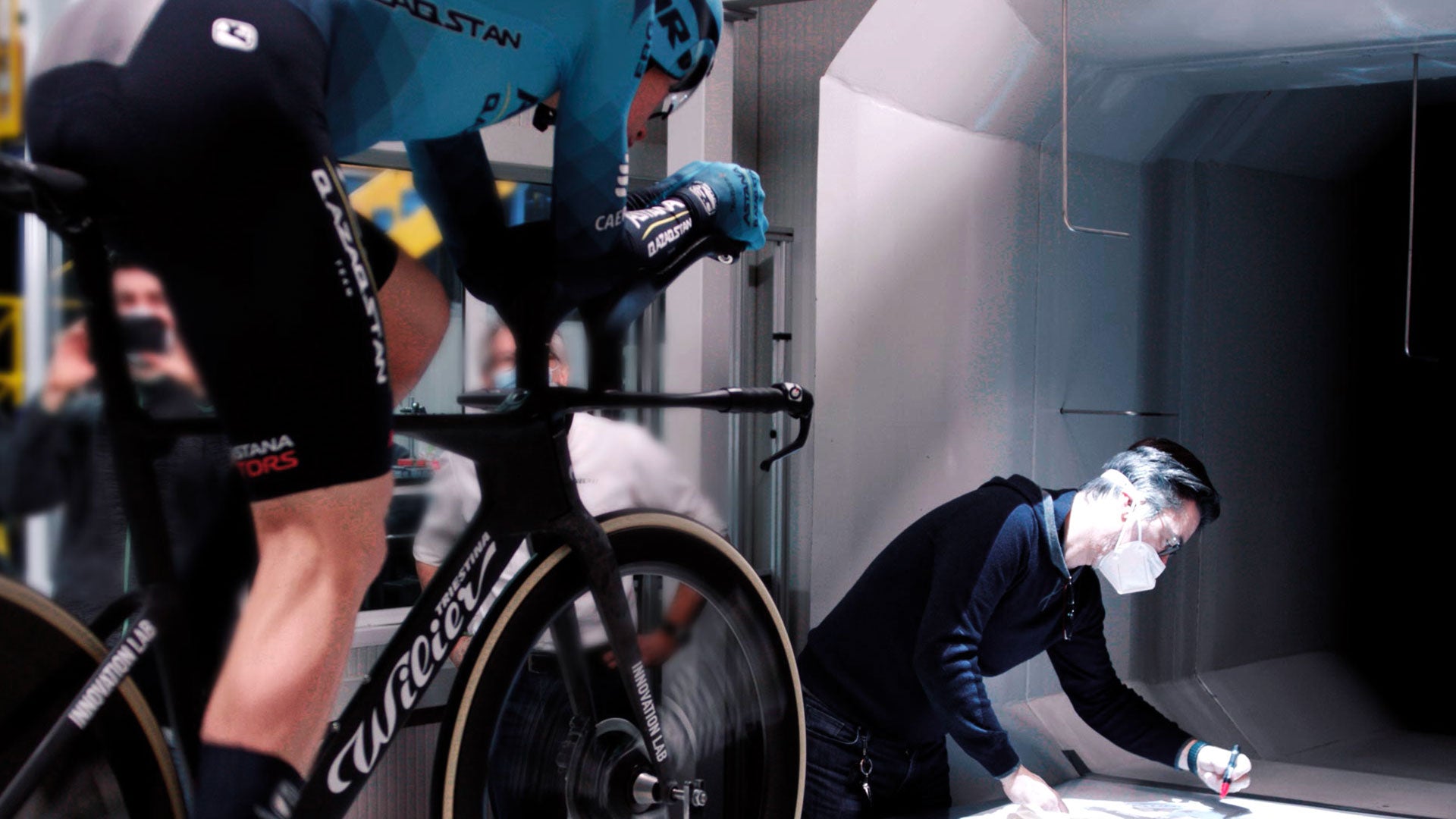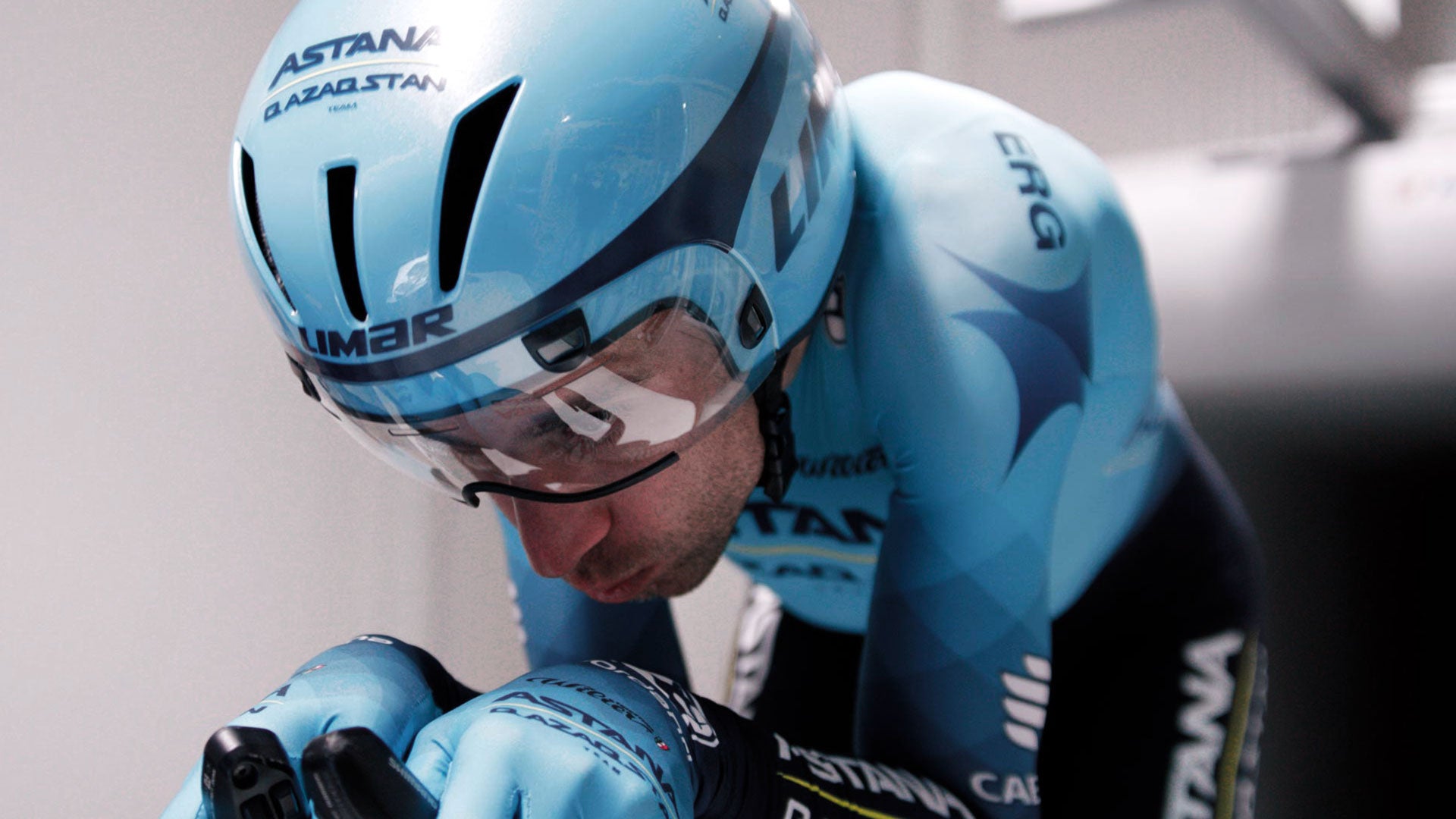AIR REVOLUTION
AIR KING EVO
BEYOND YOUR SPEED LIMITS
THE LIMAR DNA
The collaboration with the pro has always been part of LIMAR DNA, and Limar was the first company to sponsor a full cycling team. The recommendations of champions testing the helmets during races, allowed to develop helmets based on the real needs of professional cyclists, extremely demanding in terms of comfort, ventilation and, most of all, performance.
HOW AIR KING EVO IS BORN
The new Air King Evo is born from the awareness of Limar Team together with Astana Teams’ engineers and technicians that there is never an end to evolution and every limit can be overcome.
The athlete works on every detail to improve his performance, that is why the shape of the new air king evo has been molded on the athlete's body, becoming an aerodynamic whole that has exceeded all the goals previously achieved, with an additional saving of 5 to 8 watts compared to Air King.
Air King Evo was tested in the Wind Tunnel at the Newton laboratory in Milan, with Vincenzo Nibali and David De la Cruz.
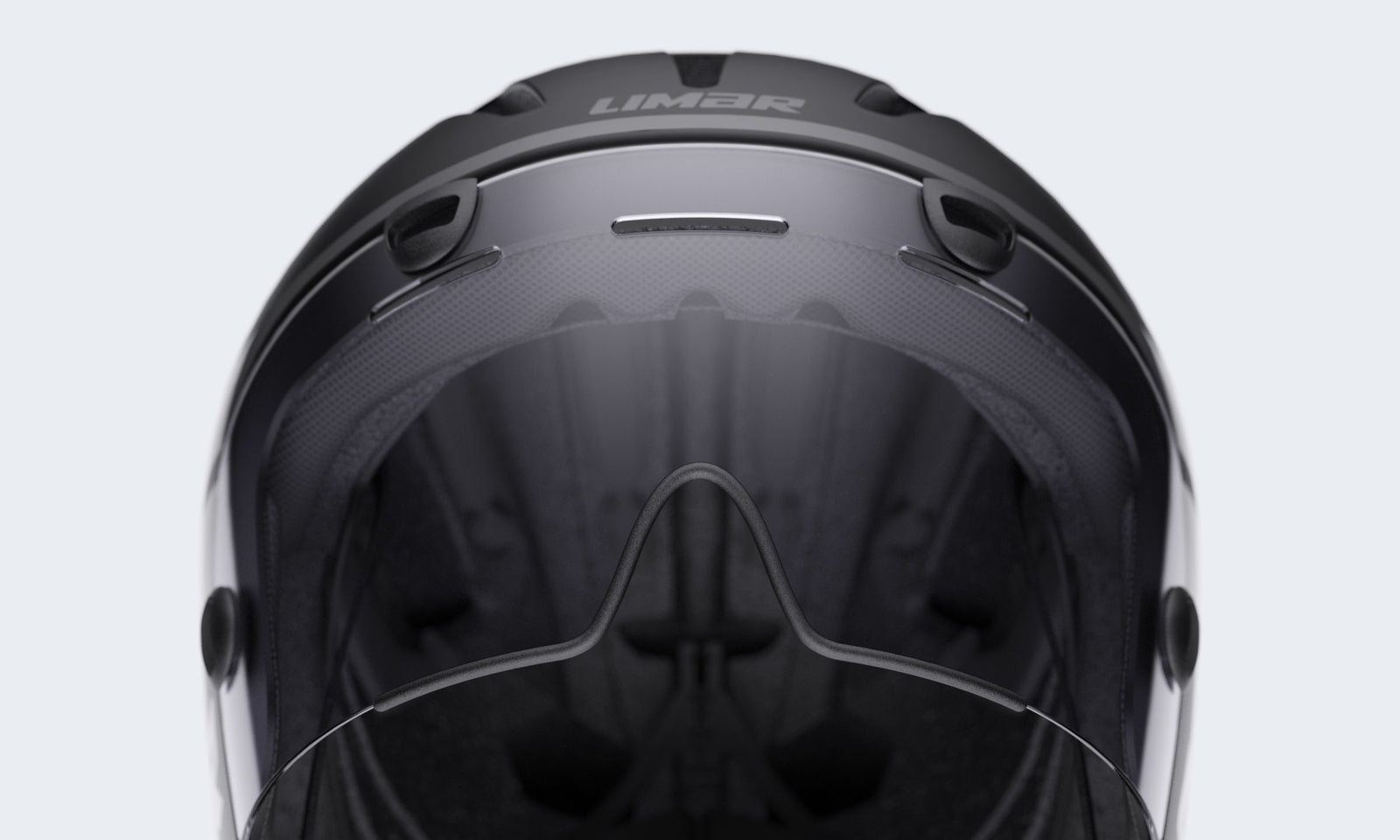
A NEW VISION
The shape and lines of AIR KING EVO have been designed considering the athlete on the time trial bike during the performance, observing and taking into account all the variables of resistance, speed, position and direction of the wind.
The result is a shell shaped around the athlete, with a reduced impact area and better aerodynamic penetration, with a consequent reduction in turbulence.
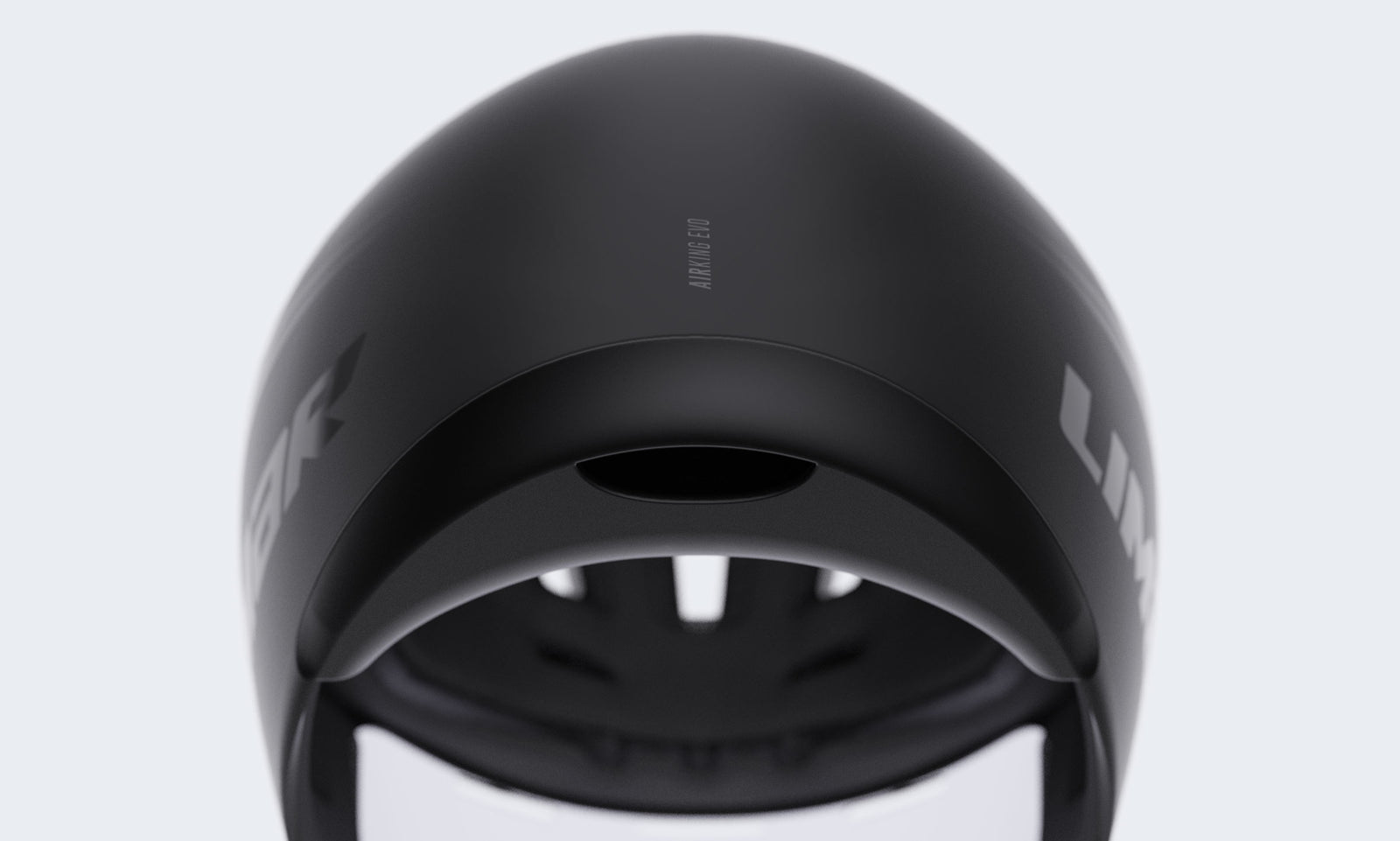
INTEGRATED VISIBILITY
Every detail of Air King Evo is designed to meet high requests of the most demanding cyclists and hardest competitions.
The polycarbonate visor fits perfectly into the helmet design, SECURELY HOLD BY INSTANTANEOUS MAGNETIC GRIP with ANTI FOG AIR FLOW SYSTEM.
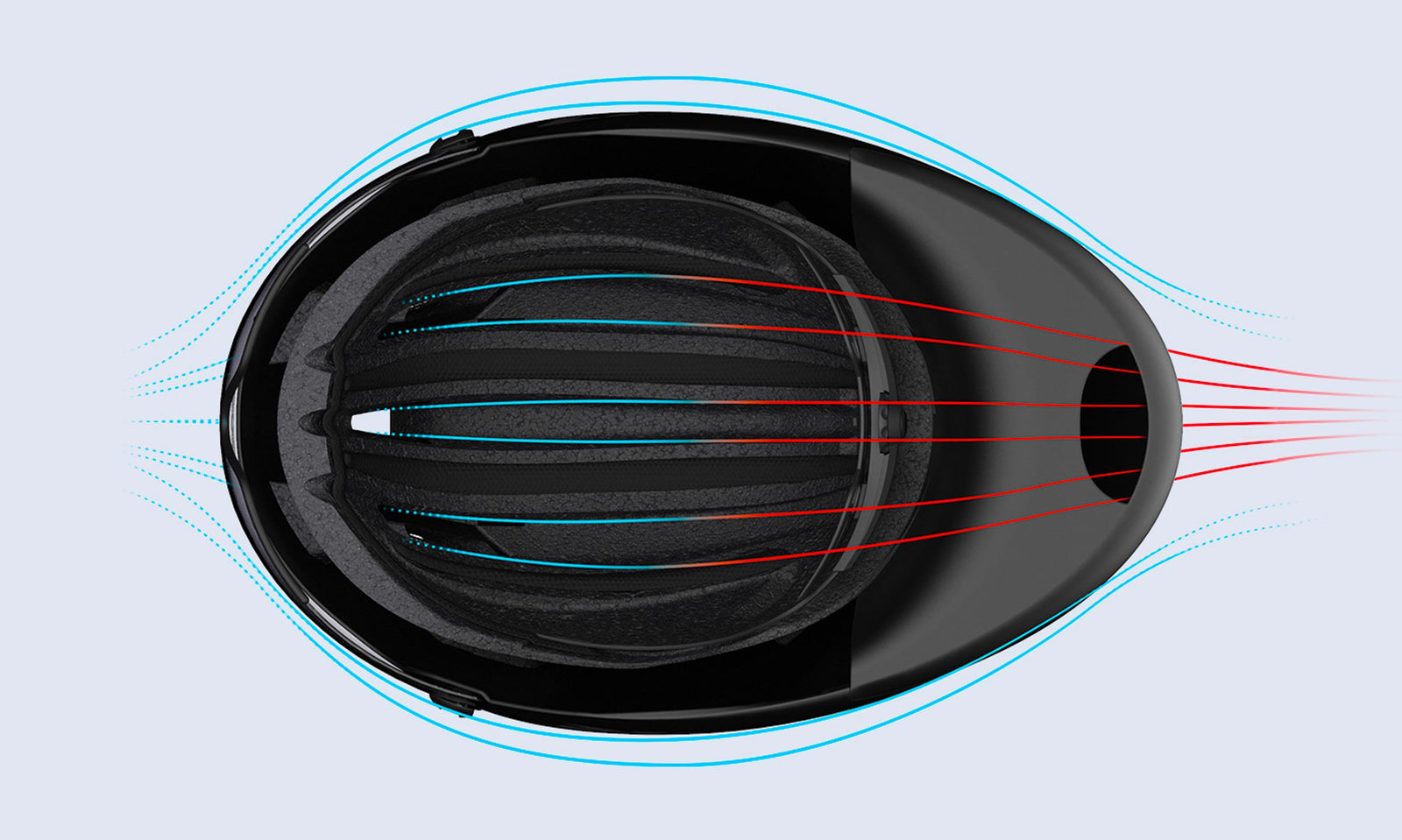
BEST VENTILATION
Front air vents, the internal air channel system and the rear hole of Air King evo make an excellent internal ventilation system, while the external lines and shape control the air flows, preventing the formation of turbulence.
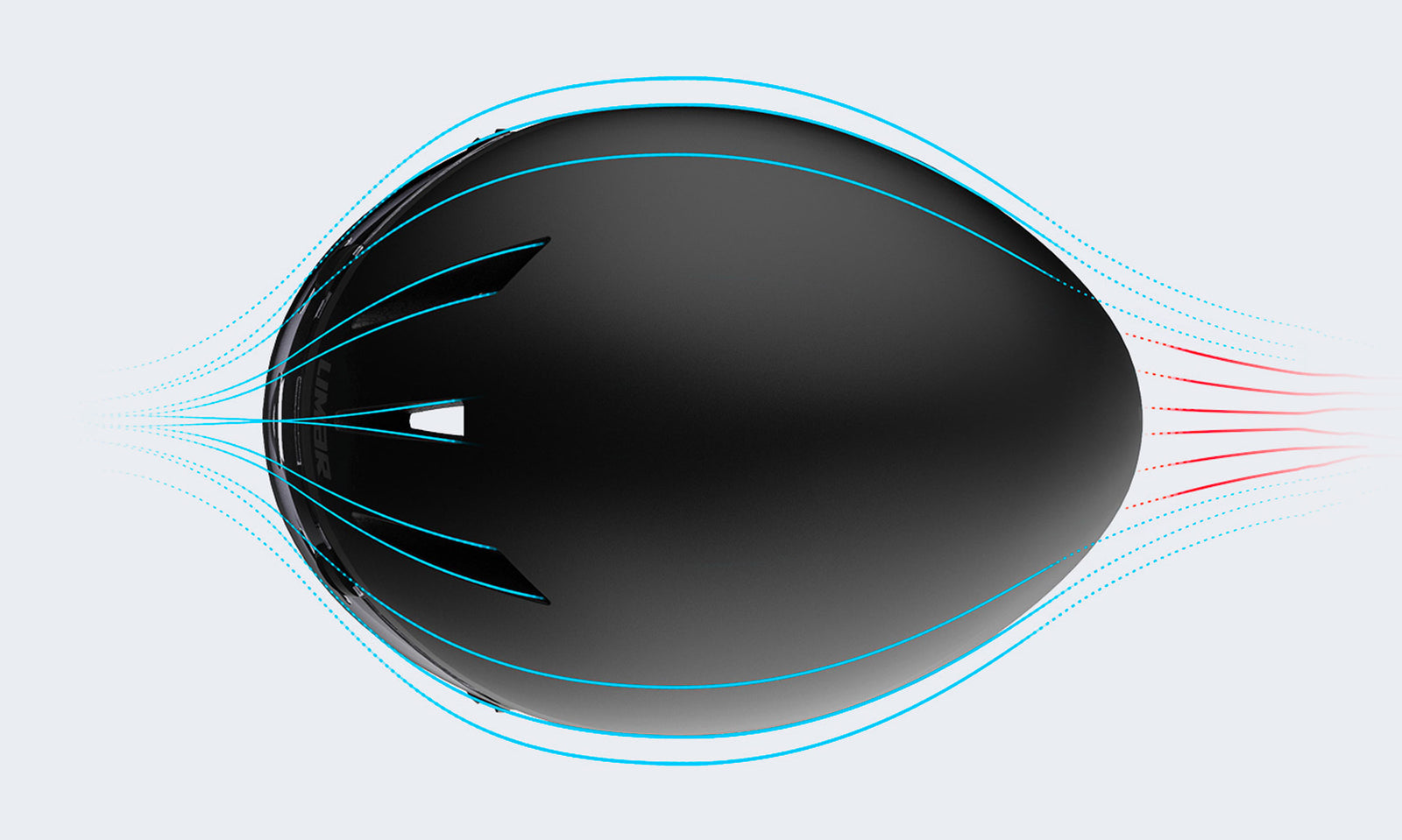
MINIMUM AIR RESISTANCE
For the best aerodynamic performance, the air flow that impacts on the helmet must be tamed by guiding it both externally to maintain high aerodynamic performance, and internally to offer thermal comfort to the athlete. The air that enters must cool the head and convey body heat outside.


